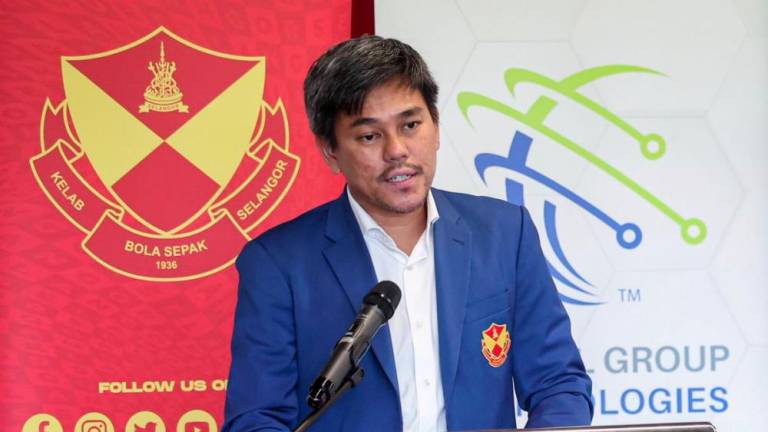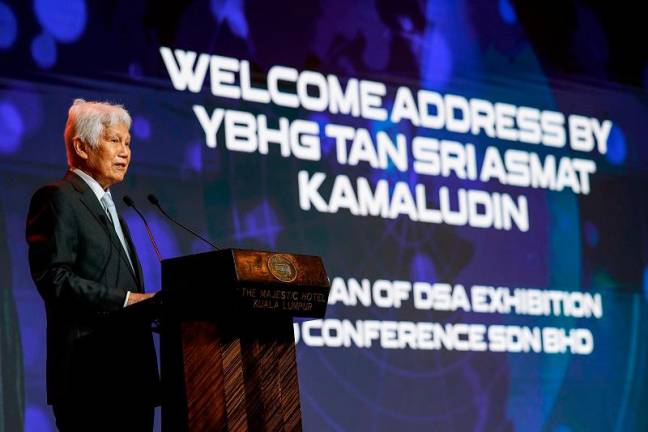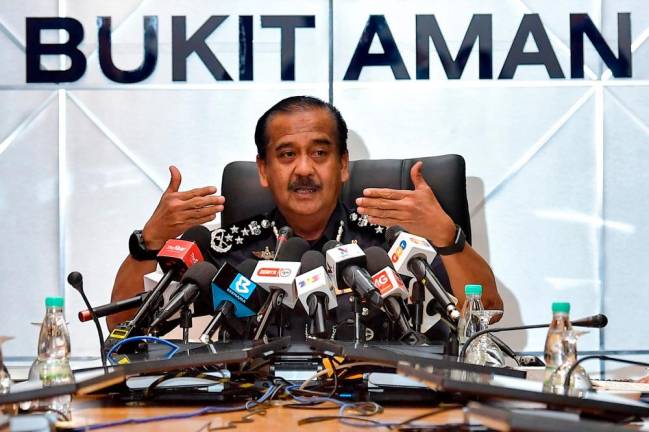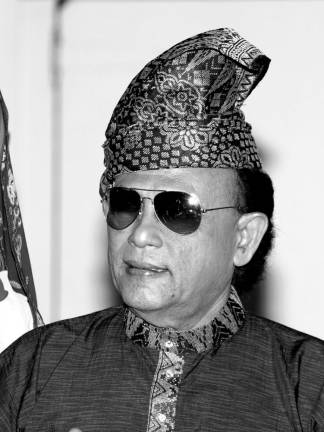PRIME Minister Datuk Seri Anwar Ibrahim is currently making efforts to rescue the country’s economy from further decline.
He proposed a replacement of the pension scheme with Employees Provident Fund (EPF) contributions for new recruits in the civil service. In line with principles of fairness, it is only morally right that politicians be treated the same.
Civil service pensions have become a substantial burden in Malaysia, accounting for RM32.4 billion or 10.5% of revenue in Budget 2024 and projected to rise to approximately RM46 billion by 2030.
Anwar has rightly highlighted that even affluent nations have discontinued the pension scheme, deeming it unsustainable in the long run. It is important to note that we also have to manage a bloated civil service workforce of 1.6 million.
Anwar has revealed that there was a proposal to eliminate the pension system for civil servants during his tenure as the finance minister in the 1990s, although it was not put into effect.
Given the need to prudently handle the substantial national debt of RM1.5 trillion, our leader should expeditiously realise this goal. This aspiration is commendable, and the public should rally behind him in successfully implementing it.
The public should not perceive the EPF as less favourable than a pension. As a retiree and an EPF contributor, I am grateful for the EPF, which served as a source of motivation throughout my 32 years of hard work before I retired in 2011.
Receiving my EPF statement annually motivated me to excel in my career. However, my motivation dwindled during my two-year stint with my second employer in 1989. Seeing limited career prospects, I resigned. If I had been under a pension scheme, I may not have left. This decision was made after accumulating eight years of work experience before joining the established company.
Nevertheless, my resignation led to a great opportunity for me. After transitioning between jobs for a couple of years, I eventually landed a senior executive position that was rewarding. I remained in this role for two decades until my retirement.
I encourage younger civil servants or those aspiring to join the public sector to recognise the positive aspects of the EPF. It is essential to work diligently and not fear leaving a job. My daughter, after working for eight years but facing challenges in achieving her goals, made the decision to migrate to Australia to broaden her career opportunities.
While the world is not borderless, individuals need the right qualifications and attitude to compete for rewarding positions in multinational companies. Graduates should not underestimate the importance of English and should also continue contributing to the EPF while working abroad.











